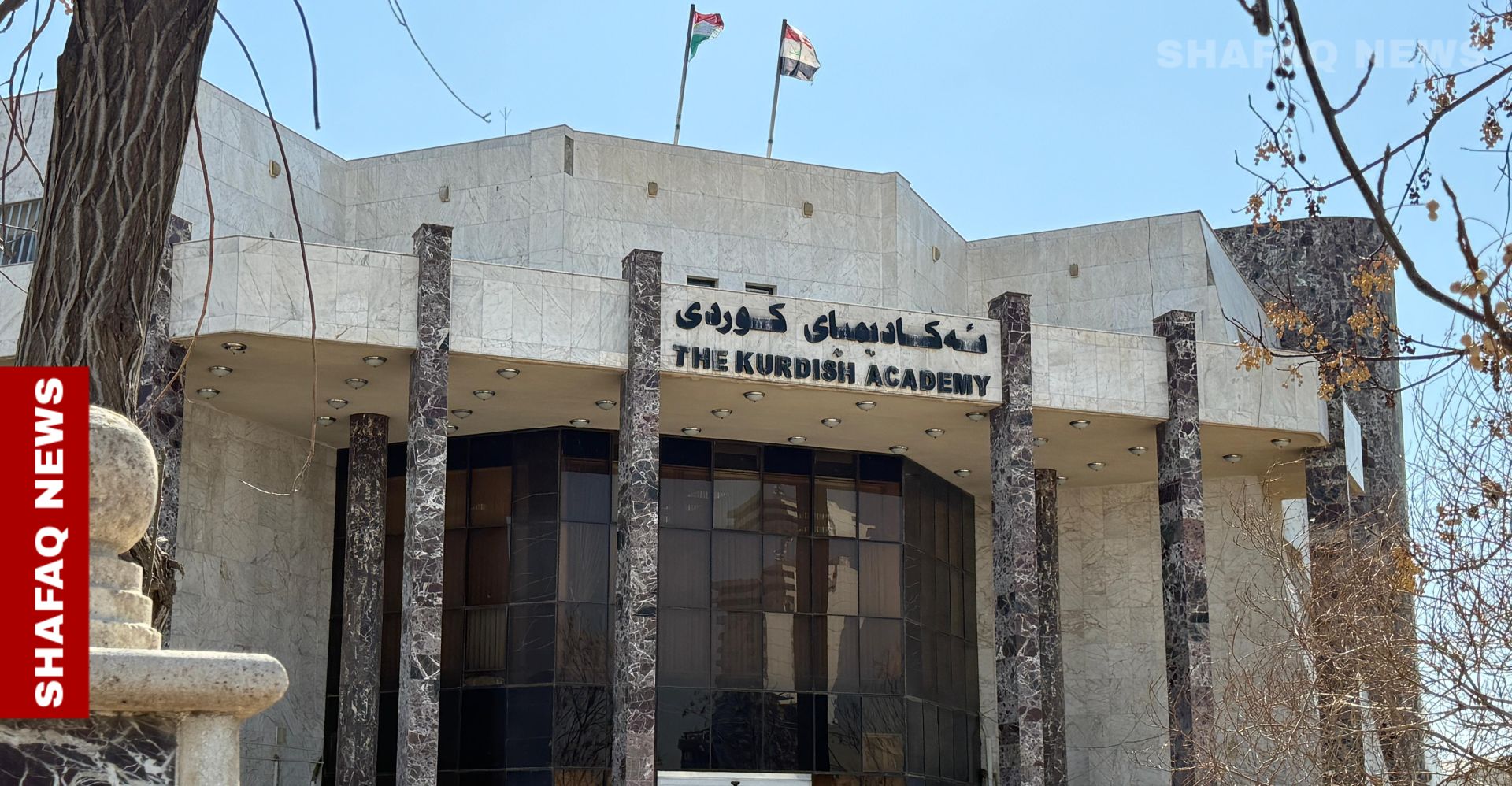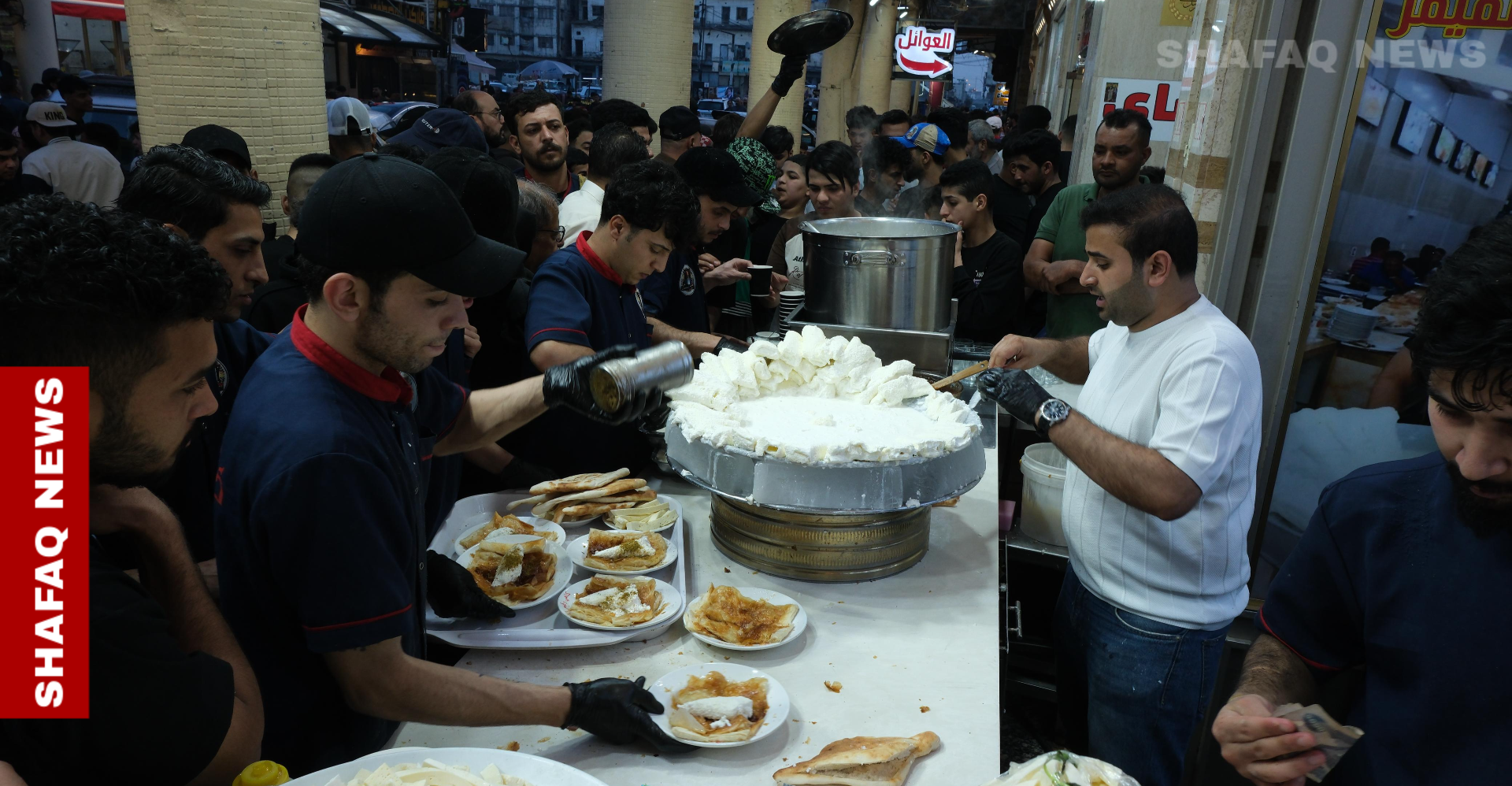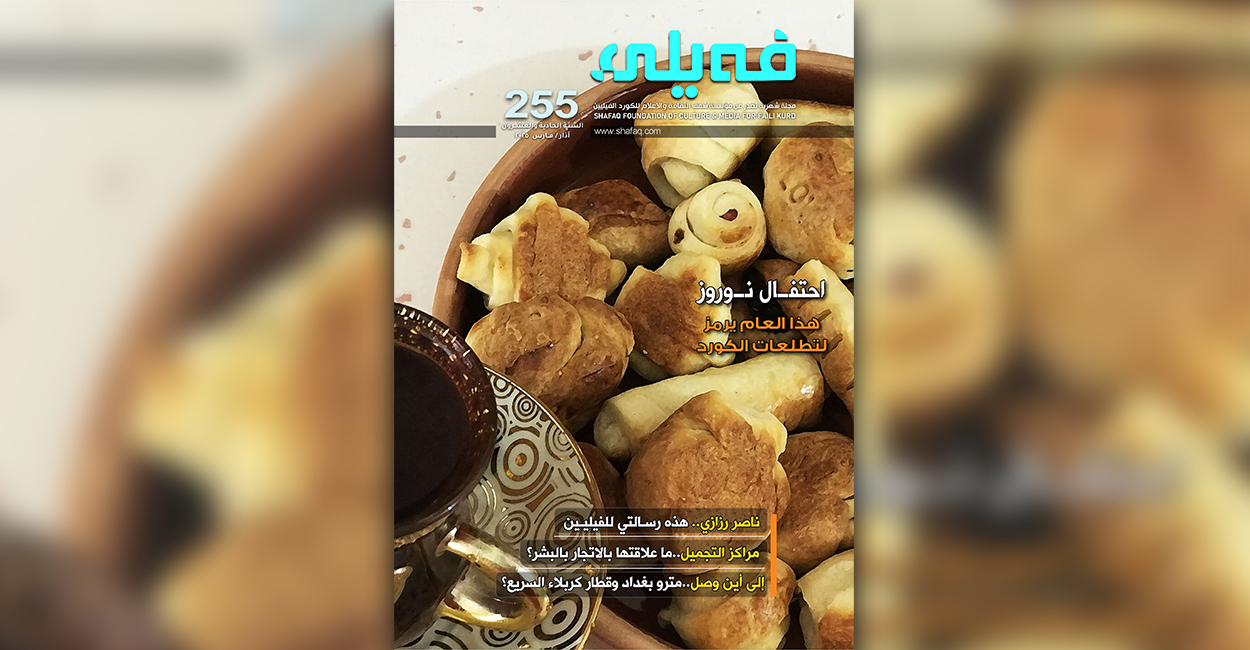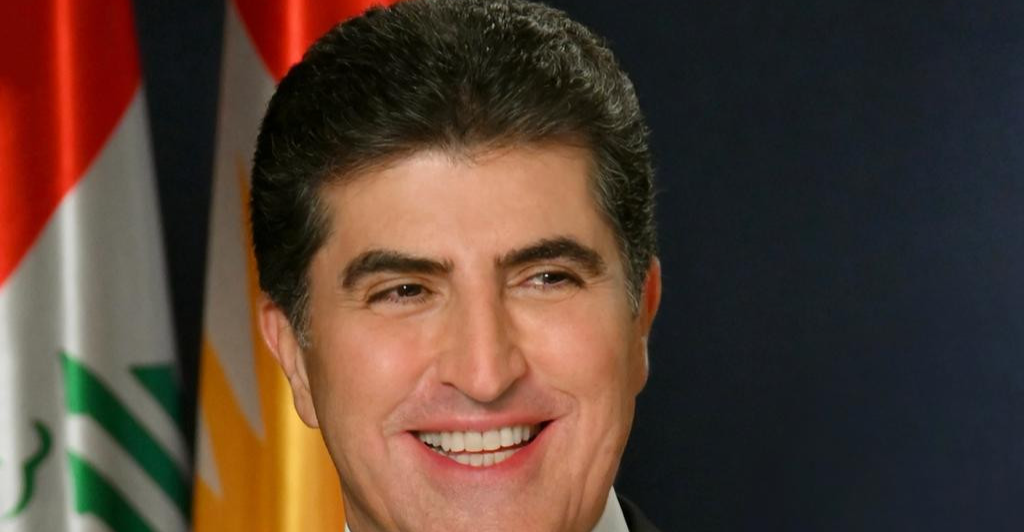Kurdish language: How Kurdistan is bridging dialects to preserve a rich heritage?

Shafaq News/ The Kurdish language, avital pillar of Kurdish identity with a rich cultural heritage, grapples withthe challenge of a fragmented dialect landscape. Unlike Classical Arabic orstandardized English, no single dialect unites all Kurdish speakers acrossfields. Yet, the Kurdistan Region of Iraq (KRI) has taken a leading role inadvancing the language, striving to harmonize its dialects while preservingtheir unique essence.
About Kurds?
The Kurds, an ethnic group with adeep-rooted history, are spread across four main countries—Turkiye, Iran, Iraq,and Syria. Their global population is estimated to range between 30 and over 40million, though figures vary due to different methodologies and nationalpolicies.
Political turmoil and regionalconflicts have driven large Kurdish communities to Europe and the UnitedStates, where they have preserved their cultural and linguistic heritagedespite living in exile.
Kurdish literature, a testament toresilience and creativity, has played a pivotal role in shaping Kurdishidentity. From classical to modern times, writers and poets have captured thespirit of their people, leaving an enduring mark on Kurdish history.
Among the most influential figuresis Ahmad Khani, known for his 17th-century epic Mem and Zin (Mem û Zîn), afoundational work in Kurdish literature. Other prominent names include Nali,Mawlawi, Goran, Mele Perî?an, Ghulamrezakhan Arkawazi, and Sherko Bekas, all ofwhom have contributed to the cultural and artistic legacy of the Kurds.
One Language, Multiple Dialects
In recent decades, the Kurdishlanguage has experienced significant growth across various fields, especiallyin media and communication. Kurdish-language media outlets, along with socialmedia platforms, have become essential tools for connecting with the public.This widespread use has not only raised awareness about Kurdish identity butalso revealed the distinct differences among the region's various dialects.
The Soranî dialect is one of themost widely spoken in the KRI and extends into Iran. Commonly used in media andeducation, it is also the official dialect in several regions and is closelyassociated with the works of prominent Kurdish poets and writers.
In contrast, the Kurmanji dialect isprevalent in areas stretching from KRI’s Duhok through Turkiye, Syria, andparts of Iran. With its own unique linguistic features, Kurmanji stands apartfrom Soranî, adding to the rich diversity of the Kurdish language.
Kurdish Language Struggle
For decades, the Kurdish languagehas faced marginalization in countries where Kurds reside, with policiesrestricting its use in official institutions and media. This, according toexperts, has forced many Kurds to assimilate into Arabic, Turkish, and Persian,creating a linguistic identity gap among younger generations, who learn theofficial language without reinforcement of their native one.
Kamran Rahimi, a language expert andhead of the Zanist Institute in Iran’s Ilam, viewed institutions dedicated tothe Kurdish language as essential indicators of cultural progress. However, henoted that efforts to develop a standardized Kurdish language have fallenshort.
“Since the establishment of theKurdish Information Complex in Baghdad in 1970, experts have failed to create aunified official language. Instead, efforts have remained focused on specificdialects separately rather than collectively," Rahimi told Shafaq News.
For speakers of dialects beyond thedominant Kurmanji and Soranî, the challenges are even greater. "Theirstruggle lies in prioritizing poetry and literature over language structure andgrammar," Rahimi said. "Another issue is that language developmentinstitutions have given less attention to these dialects—either due tounfamiliarity or the belief that their own dialects are more authentic andaccurate."
A further complication is thedivision in Kurdish writing systems between the Latin alphabet and the modifiedArabic script. Experts argue this is not just a technical issue but one thatimpacts cultural identity and linguistic unity, making reading, writing, andcommunication across political and geographical divides more difficult.
This fragmentation reportedlydeepens the educational and cultural divide between Kurdish-speaking regions,hindering the unified dissemination of Kurdish literature and heritage.
Advancing Kurdish Language
In the Kurdistan Region of Iraq, theKurdish language has long been a symbol of cultural identity, with efforts todevelop and standardize it taking center stage. Central to these efforts is theKurdish Academy, established by the Regional Government to oversee languagedevelopment and the introduction of new terminology.
The academy has made significantstrides, executing a range of scientific initiatives and strategic programs tosupport the Kurdish language. Among its most noteworthy achievements is thecreation of a specialized committee, comprising 29 members, mostly from theSoranî dialect, tasked with addressing the Region’s rich dialectal diversity,including Southern Feyli, Kalhori, Zaza, and Hawrami.
Yet, challenges remain. Some socialinstitutions have not fully adhered to the academy’s guidelines, according toDr. Mohsen Ahmed Omar, head of the Academy's Dictionary and Dialects Committee."Media outlets and other entities should consult the academy beforeadopting new terms in news and publications," he stressed to our agency.
The quest for a unified dialect is acentral focus of the academy’s work. "There is one Kurdish language spokenby all Kurds, and dialectal differences are not too significant," Dr.Mohsen explained. "Our initial goal is to standardize spelling rules andprepare a dictionary that is accessible to all Kurds, both online and inprint."
The Soranî dialect, he noted, haslargely become a model, merging with other dialects over time. However, theacademy is committed to ensuring that no dialect is overlooked in the processof language unification. "We want to maintain linguistic unity," headded, expressing his hope that Soranî would eventually become the standardizedform that embraces all Kurdish dialects.
The academy's goal, according to Dr.Muayyad Tayeb, is clear, "We aim to serve the Kurdish language in all itsdialects, not to impose one dialect over another." While thestandardization of a unified dialect would undoubtedly aid in reading andwriting, he emphasized to Shafaq News the importance of respecting thelinguistic diversity found in the media, literature, and education across theKurdistan Region and other Kurdish-speaking areas.




